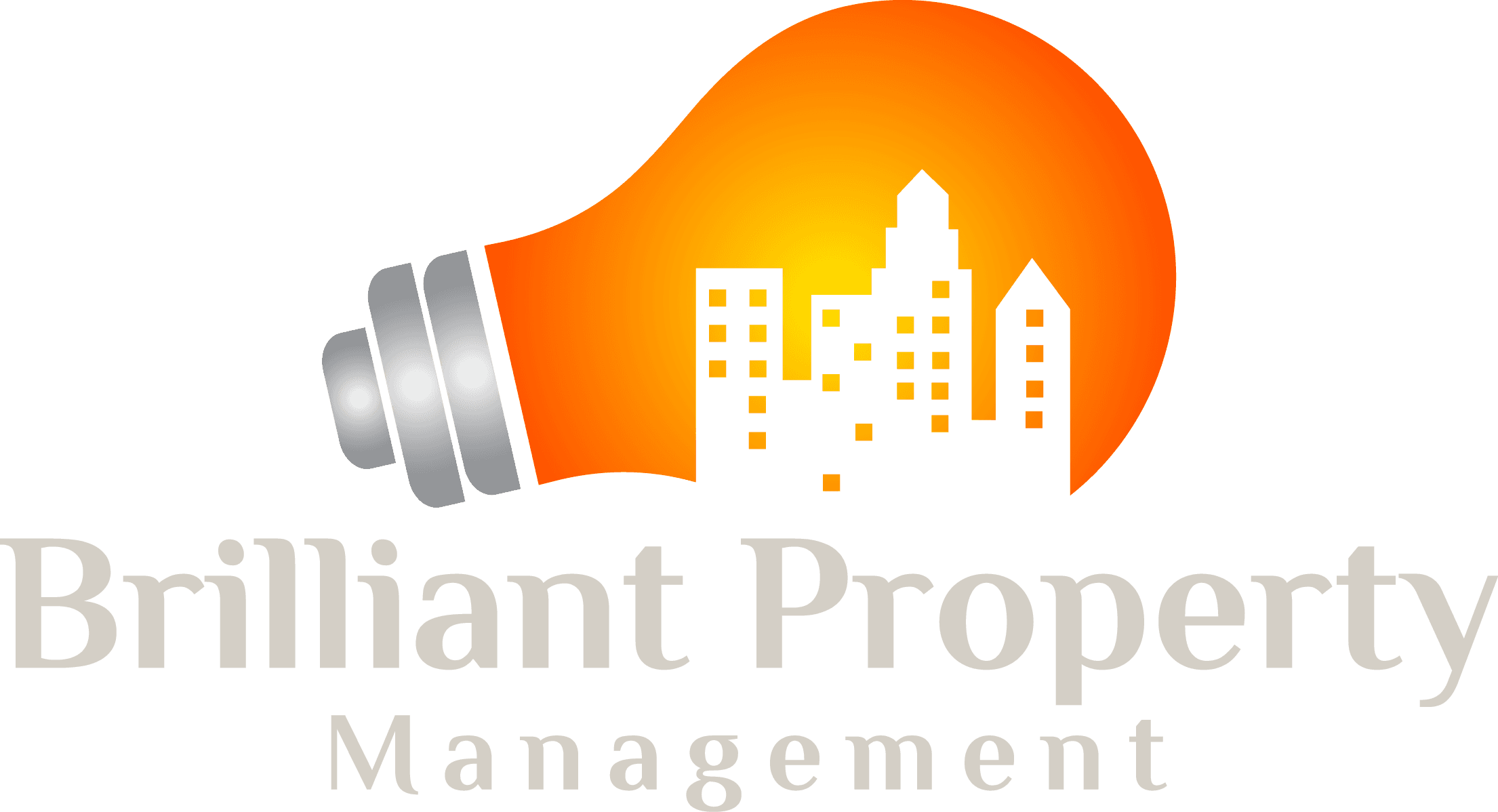Condominium HST
Because they are not-for-profits, condominium HST is different than normal corporations. They can earn up to $50,000 per year in additional revenue without registering for an HST number and paying the tax. Additional condo revenue can mean anything that the condominium earns beyond normal maintenance fees and special assessments. For example, if the condominium owns 30 parking spaces and rents them out for $100 per month, the additional revenue would be
30 spots x $100/spot = $3000/month = $36,000 per year
Because $36,000 is less than the threshold of $50,000 for not-for-profits, the condominium does not have to pay HST on this income. However, if the condominium ever went above the $50,000 limit, they would need to register for HST, and pay it thereafter. This would apply to future years, even if revenue in these years is under $50,000. In other words, as soon as the HST number is registered, the condominium needs to remit HST, and needs to keep doing so indefinitely. A condominium that wants to earn more money (and thus keep maintenance fees down), should aim to earn just short of $50,000 each year.
By making sure to keep there additional condo earning under $50,000, condo corporations can continue operations without registering for an HST number. By keep their earnings under the $50,000 marker, condo corporations not only save money on the HST payments, but also save the hassle and added cost of having to continually file their HST.
